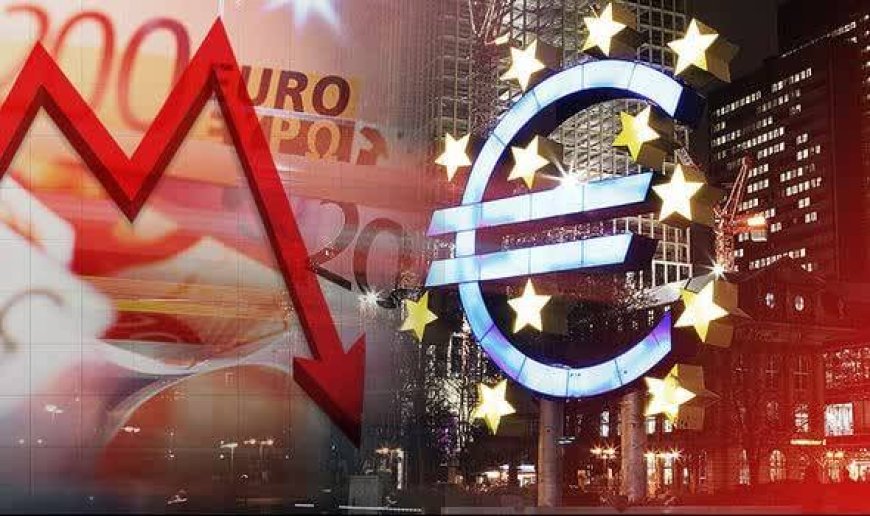Sharing value: Oxfam denounces a growing imbalance in favor of shareholders in the 100 largest French companies
Sharing value: Oxfam denounces a growing imbalance in favor of shareholders in the 100 largest French companies

In ten years, expenditure per employee has only increased by 22% while payments to shareholders have increased by 57%. The NGO asks the State to regulate the share of profits paid to shareholders.Oxfam denounces the "growing imbalance in the sharing of value in favor of shareholders and to the detriment of workers" within the 100 largest French companies listed on the stock exchange, in a report published Monday, June 26. The date was not chosen at random, the bill on the sharing of value within the company is examined today in the National Assembly.
"Between 2011 and 2021, in the 100 largest listed French companies, expenditure per employee only increased by 22% while payments to shareholders increased by 57%", the NGO is indignant. According to Oxfam, last year, "the CAC40 paid out 80.1 billion euros to shareholders in the form of dividends and share buybacks, which represents an increase of 15.5%" compared to 2021.
The NGO compares this increase to that of "3.9% over one year in wages in the private sector". She therefore judges the shareholders "big winners of the sharing of value in business". This "race for shareholder satisfaction" contrasts with the loss of purchasing power felt by the French. "Wages are failing to keep up with the inflationary pace, with households having lost an average of 720 euros between January 2021 and June 2022", specifies the NGO. Oxfam denounces "the greed of companies which over ten years have continued to pay dividends while recording losses".Of the 100 largest French companies listed on the stock exchange, "five paid dividends and share buybacks while they were in deficit, ten paid shareholders more than they made profits and 48 distributed more 50% of their net profits to their shareholders". The NGO particularly points the finger at Engie. She accuses the energy group of having paid "to its shareholders the considerable sum of 23.6 billion euros" between 2011 and 2021, when it had accumulated "more than 784 million euros in losses" during this period. This is, according to Oxfam, a strategy that responds to a "short-term vision".
For Oxfam, this "is at the expense of the climate and employees". The NGO considers that the wealth created is not sufficiently invested "in the ecological transformation of the economy". She notably noted that in 2019, "the share of investments by large French companies devoted to the transition was only 6% on average", while she considers that it would be necessary "to deflect a minimum of 25% of investments" . Oxfam therefore estimates that in 2019, “45% of the dividends and share buybacks paid to shareholders by the 100 largest listed companies would have been sufficient to cover their investment needs in the ecological transition that year”.Faced with this observation, Oxfam lists several recommendations both at national and European level so that the "added value of companies benefits everyone". The NGO proposes in particular to "realign the taxation of capital with that of work, to extend the French tax on financial transactions to the most speculative activities". Oxfam also calls on the state to "regulate the share of profits paid to shareholders", in particular "by capping the distribution of profits".
She wants "shareholder payments" to be prohibited if certain obligations are not met, such as the implementation of "an ambitious climate strategy" or "a living wage across the entire value chain". The NGO is also looking into the remuneration of the executives it wishes to supervise "by removing any stock market remuneration criteria, by establishing a minimum of 50% of ambitious extra-financial remuneration criteria and by conditioning the payment of executives' remuneration to achievement of environmental and social objectives".













































